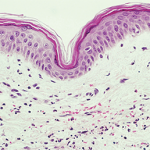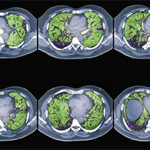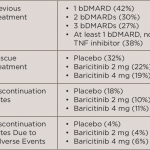Guselkumab Improves Active Psoriatic Arthritis New research has revealed that patients with active psoriatic arthritis (PsA) and ≥3% body area of plaque psoriasis benefit from treatment with a human monoclonal antibody known as guselkumab (GUS). GUS is specific for the p19 subunit of interleukin 23 (IL-23). Patients in the Phase 2 clinical trial experienced significant…









